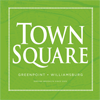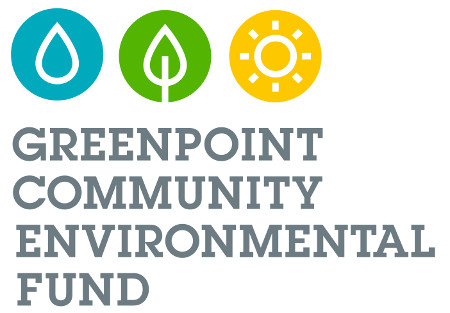
(Image Credit: Citizens of The Planet)
As cities across the world continue to expand in both population and size, the high energy cost of transporting food from rural farmlands to urban centers is doing more harm to the environment. It’s hard to come by fresh food in cities, as most food is delivered via tractor-trailer from rural areas that may lie thousands of miles away.
However, this long-distance transportation of food puts a strain on the environment in a number of ways, including, air pollution from carbon emissions, an increased amount of plastic packaging used to preserve food during the journey, and high energy costs from the use of fossil fuels.
Enter: urban farming. It’s more than just a cool “hipster” term you probably heard, as it focuses growing and producing food within cities, rather than importing food from rural farm regions. The main idea behind this form of farming is to provide locally-sourced, fresh food for city residents and reduce the environmental impact of food transportation. Much of the beauty of urban farming lies in it’s versatility. Due to the limited land available in cities, urban farms often take root in nontraditional spaces such as vacant lots, rooftops, town squares, and backyards.

(Image Credit: Sally Caroline Tumblr)
Luckily for us Greenpointers, urban farming is already taking place right here in the neighborhood! The rooftop of the Broadway Stages Building, located at 44 Eagle Street, is home to the 6,000 square foot Eagle Street Rooftop Farm. Started in 2010 by Annie Novak and Ben Flanner, the Eagle Street Rooftop farm is one of the finest examples of urban farming in the New York City area. The farm was installed by Goode Green, which used over 200,000 pounds of a mixture of compost, rock particulates, and shale to create a base system and growing medium. Ever since then, the roof of the Broadway Stages Building has been home to a diverse crop of organic vegetables and a colony of Italian honey bees.
Perhaps the best part about the Eagle Street Rooftop Farm the ease in which Greenpointers can get involved with the farm. Every Sunday, the site hosts a marketplace that gives residents the opportunity to purchase fresh produce while learning about the process of organic urban farming. Every Sunday at 2 pm, Annie and Ben also hold free workshops open to the public, which cover topics such as beekeeping, city composting, and growing vegetables in an urban environment. All are welcome, from beginners to experienced gardeners! Basically, if you want to get a good glimpse of the future of urban food production, be sure to check out Annie and Ben’s work over on Eagle Street. You can learn more about them on their website.

And the news gets better. We also have North Brooklyn Farms. North Brooklyn Farms reshapes unused land into public green spaces where people connect with nature and one another through agriculture and find access to sustainably-grown produce.
Their new location on the footprint of the iconic Domino Sugar refinery building marks the first time that stretch of the East River has been open to the public in over 150 years. Views of the Williamsburg Bridge, the Statue of Liberty and Manhattan skyline serve as a backdrop for weekly farm stands, dinner series, volunteer and education opportunities and as a private event space. It’s safe to say, we got it pretty made here.
If you liked to know more about urban farming, visit our “food” category to discover events and organizations that focus on similar initiatives.



